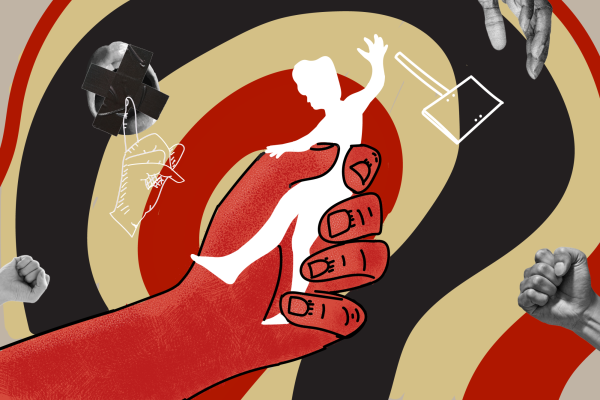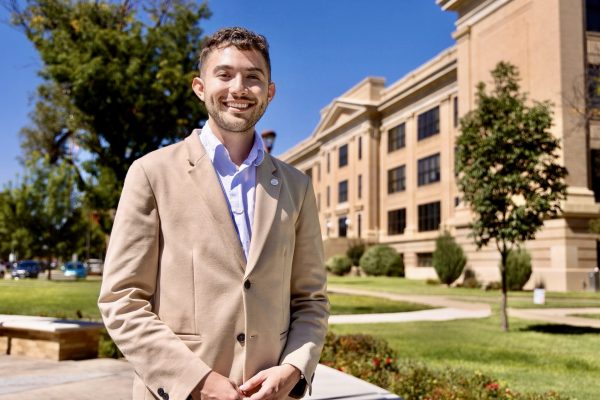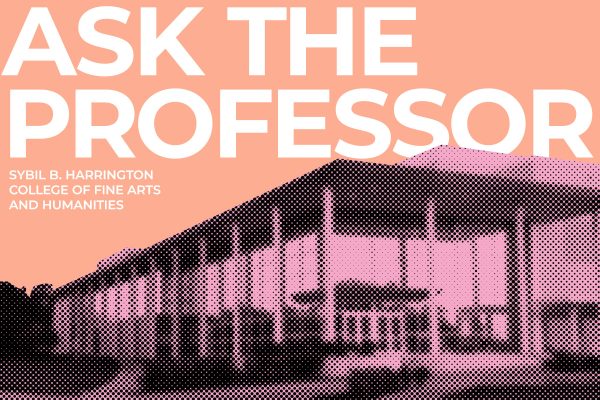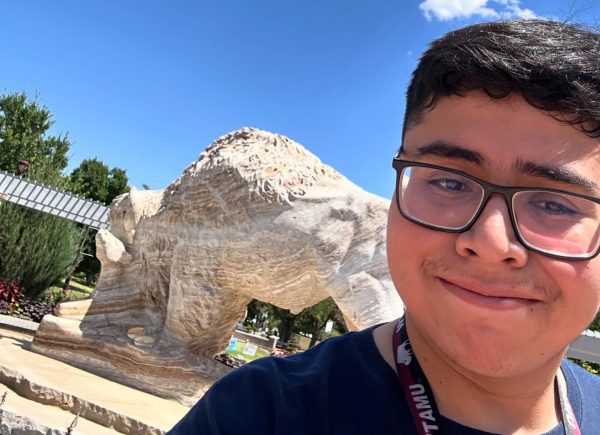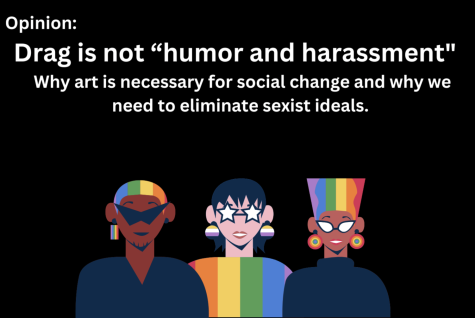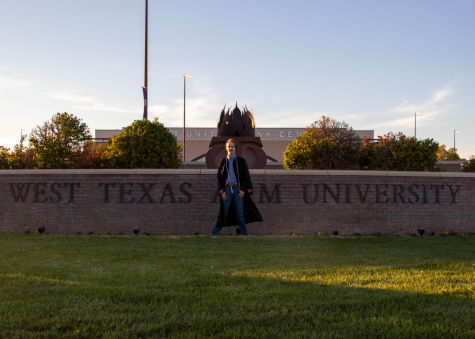Historian Stephen Aron: Alternatives of the American West
The Prairie News image
On Sept. 30 2021, Historian Stephen Aron lectured on alternatives to the American West, based on his new book under the working title “Can We All Get Along: An Alternative History of the American Frontier” that will be published in 2022 by Oxford University Press. The lecture was a part of the Center for the Study of the American West.
Historian Stephen Aron is currently serving as the president and CEO of the Autry Museum of the American West.
The American West has been full of imagery associated with violence for a long time, but Aron has decided to take a look at the peace and friendship associated with the West. Instead of viewing it as wild, it looks at how enemies retained friendly relations within the backdrop of violence.
During the lecture, the presentation presented a peace and friendship coin, which counteracted the clashes of civilisation and savagery expressed in the presentation. The look to alternative history is also not intended to be an “alternate history”.
There were many references to “counter-factual speculation” referred to as “wishstory”, a name coined by Aron and Sears. The intentions of the new book are to emphasize the “adjacent history of westward expansion”.
There are many examples of alternate history, but Aron does not intend to put his readers into “different dimensions”, but to showcase a history that is not often associated with the West. During the lecture, Dodge City was referred to, known even in American colloquialisms as “get out of dodge.”
However, Dodge City was also a place where Black Americans lived and were more successful than other regions of the United States during the 1880s. This is an example of the adjacent history that runs alongside the violence.
Aron also noted that “wishtory” changes over time, as the present generation sees Pocahontas as an example of peace and friendship when thinking about the relationships between Anglo-Americans and Native Indians. But again, the book is about adjacent history, not alternate history.
“Episodes lace together. The moments occurred but did not endure” Aron said. “A different moment on the same timeline.”
The book is going through different names. The book is not a response to Professor Patricia Nelson Limerick, or other American historians who have written about the West because his book is an addition to the material that already exists.
The lecture included a Q&A session, in which someone from the audience at the lecture asked about the difference between alternative history and revisionist history. To reiterate, an alternative history is not new but it is a perspective few cover.
Aron’s new book is set to be published in 2022 by Oxford University Press, and there are other books that have been published by Aron. The selected bibliography is available on the University of California, Los Angeles website.

My name is Victoria Fatiregun. I am in my senior year here at WTAMU. I am an English major and I am keen on entertaining the advertising and marketing...




